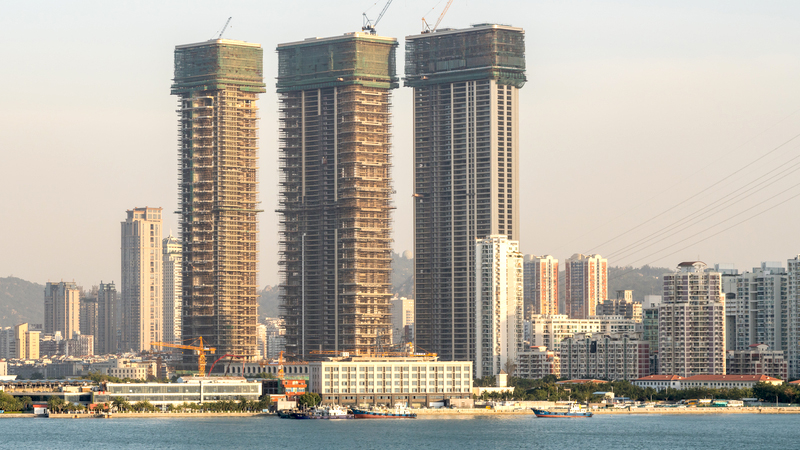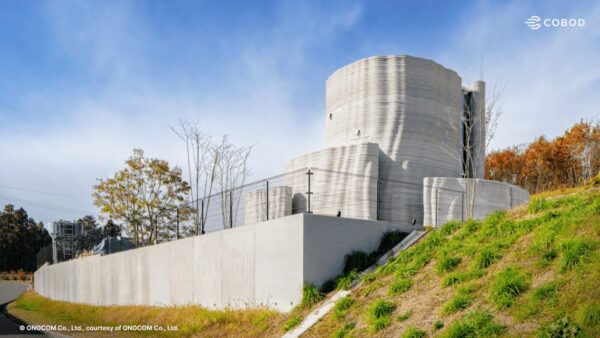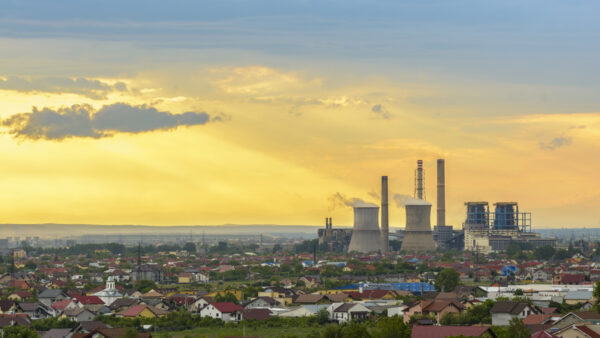
Speculative residential construction in China may have collapsed, but ongoing investment in infrastructure, renewables and megaprojects still make the country a global construction powerhouse, according to a forecast by market intelligence firm, GlobalData.
It finds that China injected $167.5bn into transport infrastructure alone in the first five months of this year.
Construction machinery sales, meanwhile, have surged 23% year-on-year.
China’s property sector had been a main engine of its economic growth, but a crisis began to spiral in 2021 when government restrictions exposed unsustainable debts held by the biggest developers like Evergrande, Country Garden, and Vanke.
They were left unable to finish housing developments with pre-sold apartments, sparking mortgage boycotts among angry buyers.
There are now millions of unsold new apartments standing empty.
Last year, Shenzhen became China’s first tier-one city to announce plans to buy unsold homes from struggling developers to turn them into rentals for low-income people.
GlobalData says the Chinese construction sector will now focus on infrastructure, energy, and megaprojects from now to 2029.
During that time, the analyst expects the construction industry to record an average annual growth rate of 3.9%.
Big projects still the norm
In July, work started on the world’s biggest hydropower scheme, the $167bn Motuo dam on the Yarlung Zangbo River in Tibet that will dwarf the Three Gorges Dam when complete in the 2030s.
Yesterday saw the official opening of the new Changtai Yangtze River Bridge between Changzhou and Taizhou. The 10km-plus road and rail bridge took six years to build.
And last month, UK firms Mace Consult and Arup joined Hong Kong’s “Northern Metropolis” megaproject as programme management partners. It will create a large new urban district for 2.5 million people that will meld the urban fabric of Hong Kong with Shenzhen to the north.
“Evergrande’s collapse was a wake-up call for anyone who thought China’s property boom would last forever,” said GlobalData’s director of construction, Chideesh Gangadharan.
“What we are witnessing now is a fundamental shift in growth engines. The smart capital is moving into infrastructure, renewables, and megaprojects. These areas will define the future of China’s construction market and create trillion-dollar opportunities for investors, suppliers, and developers who understand the pivot.”
- Subscribe here to get stories about construction around the world in your inbox three times a week






